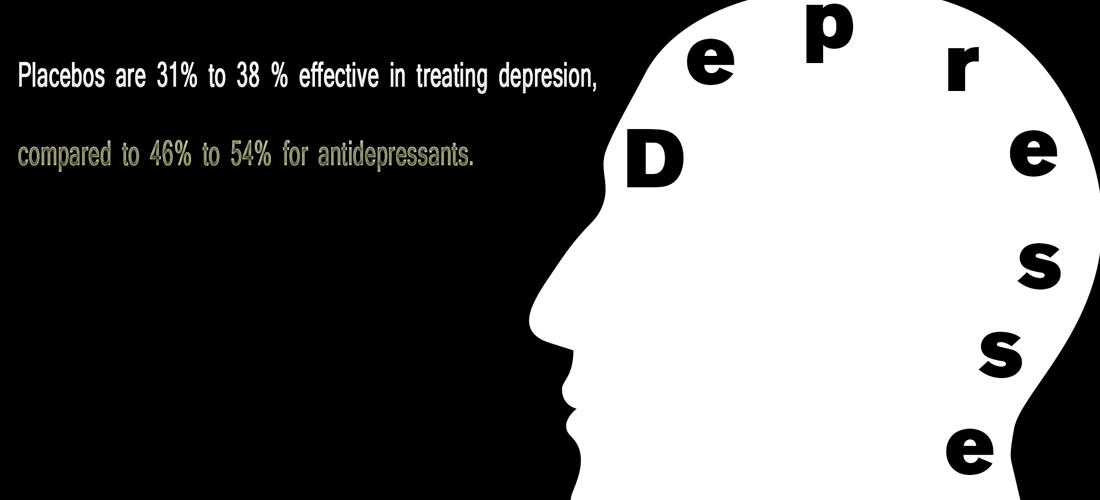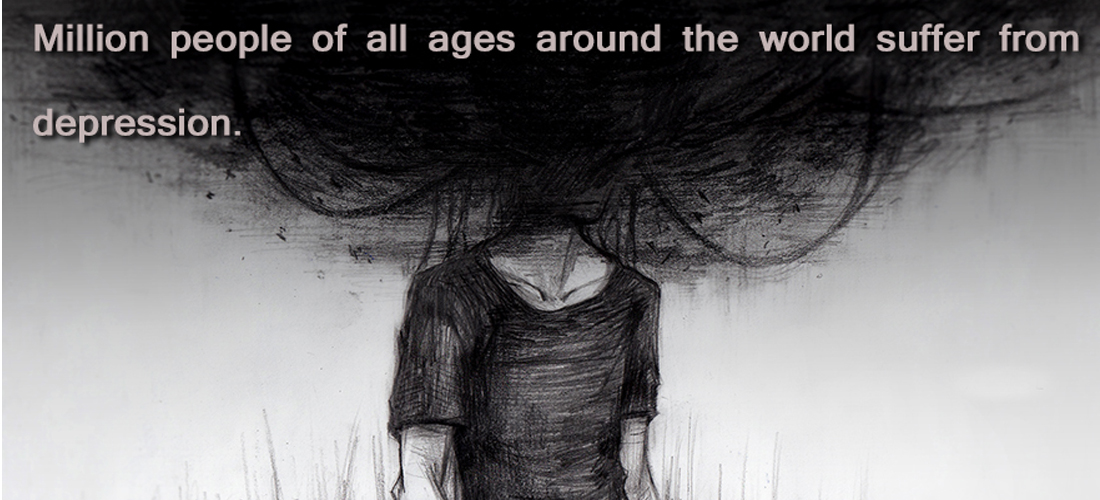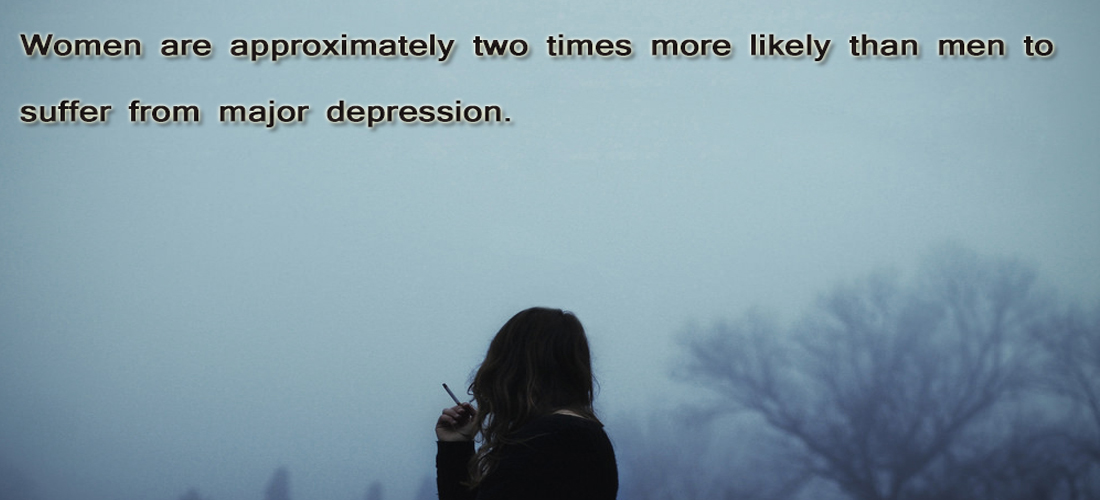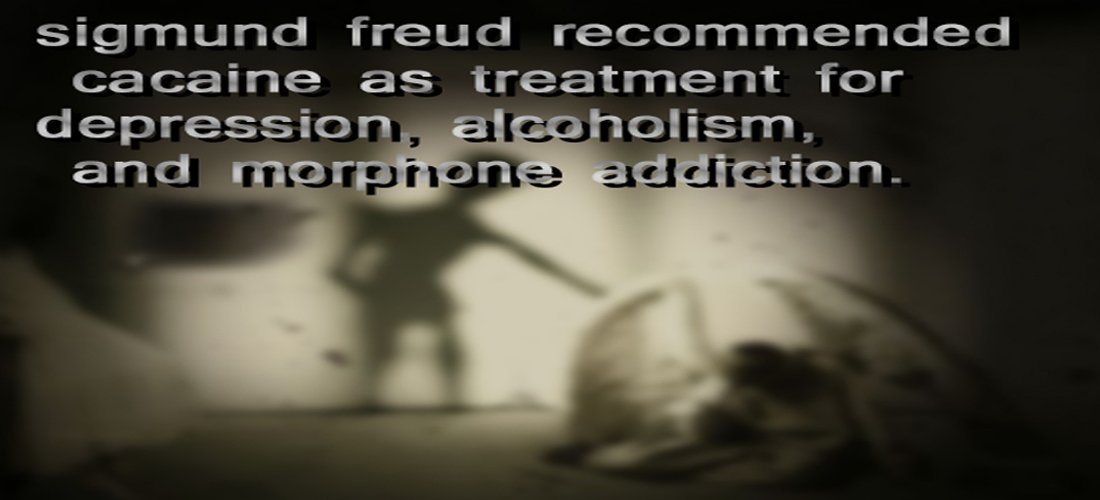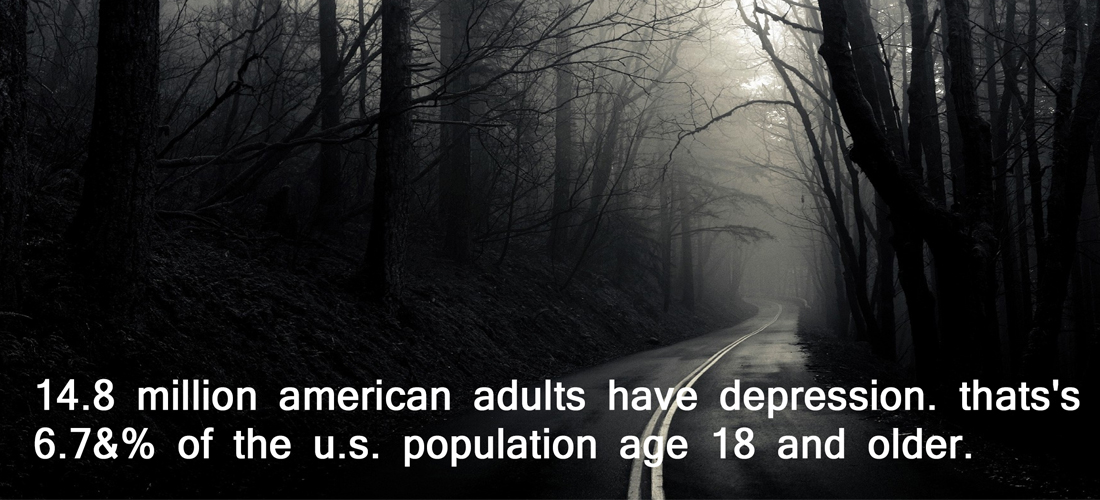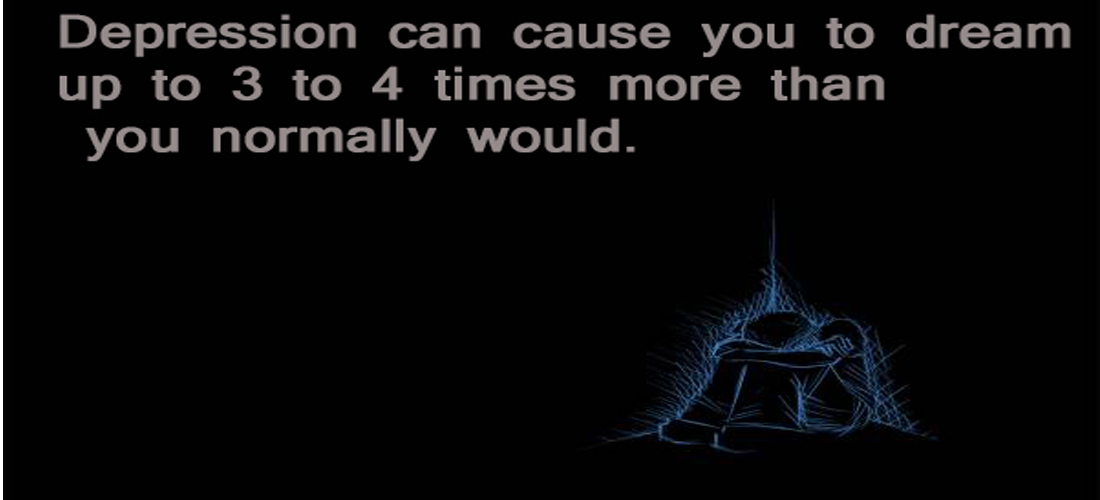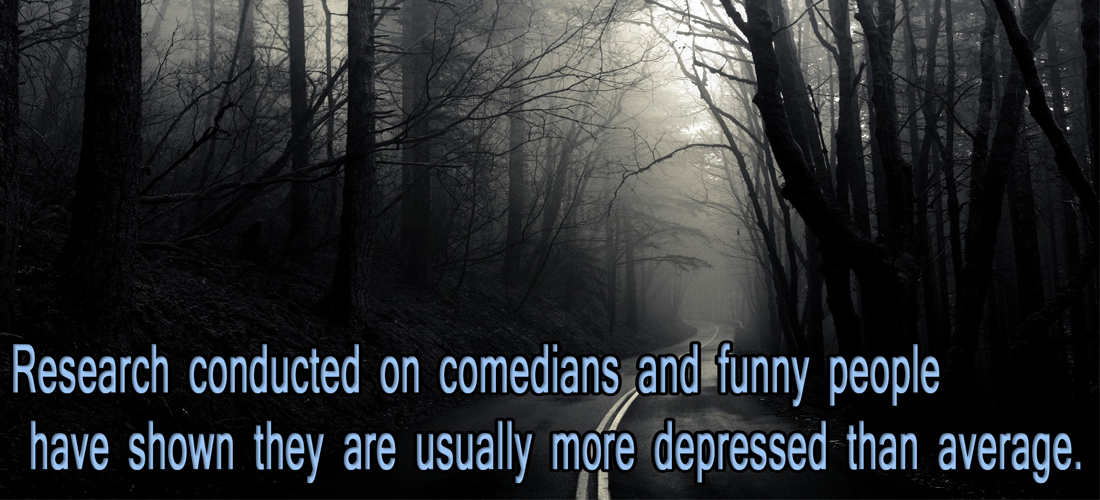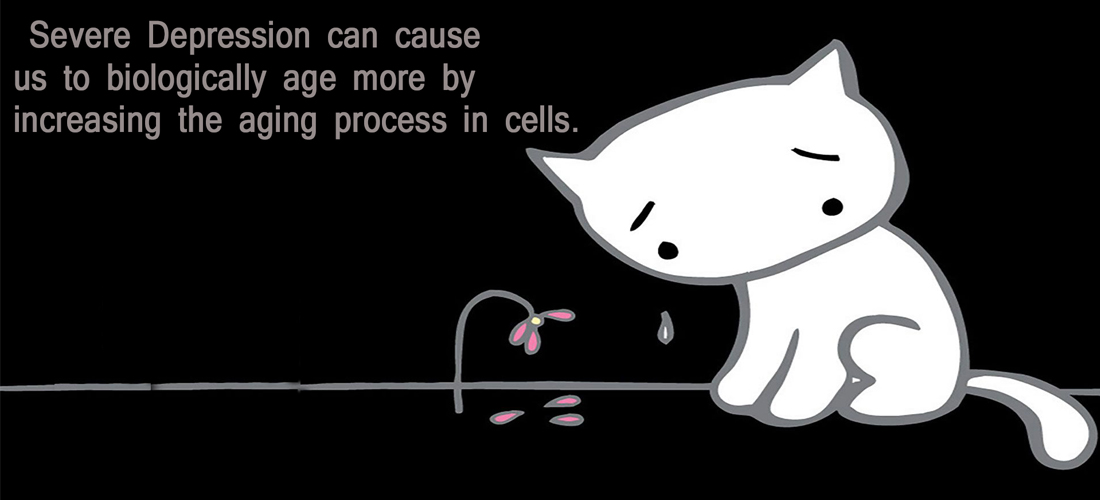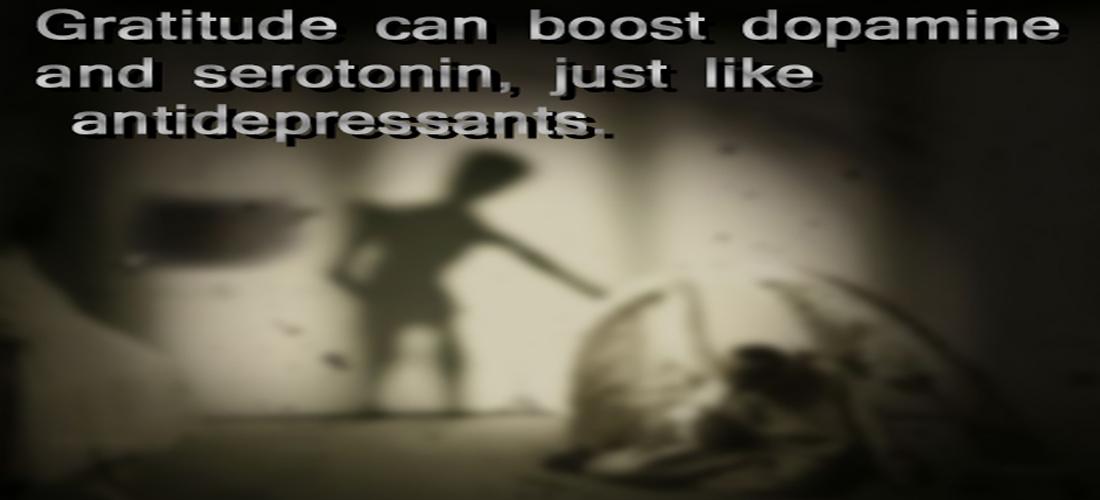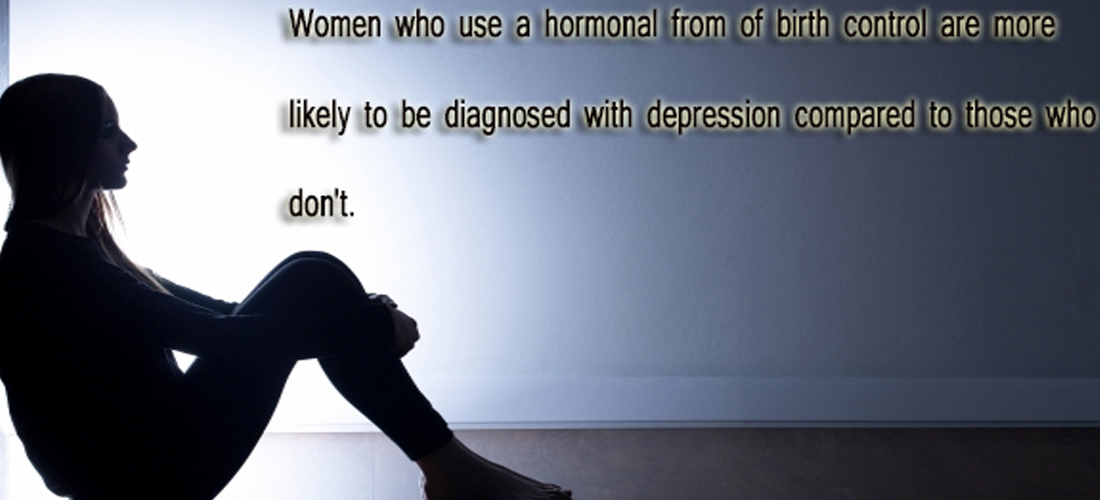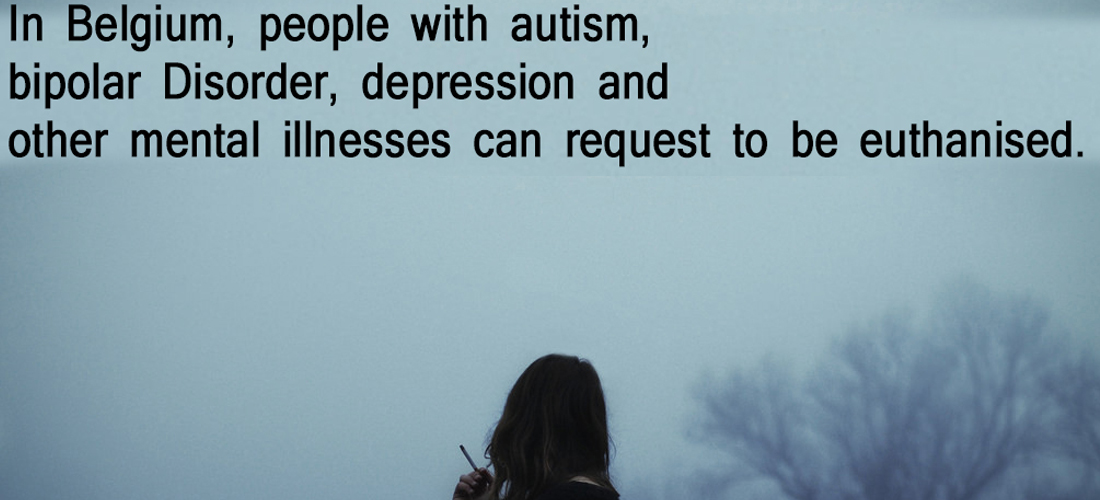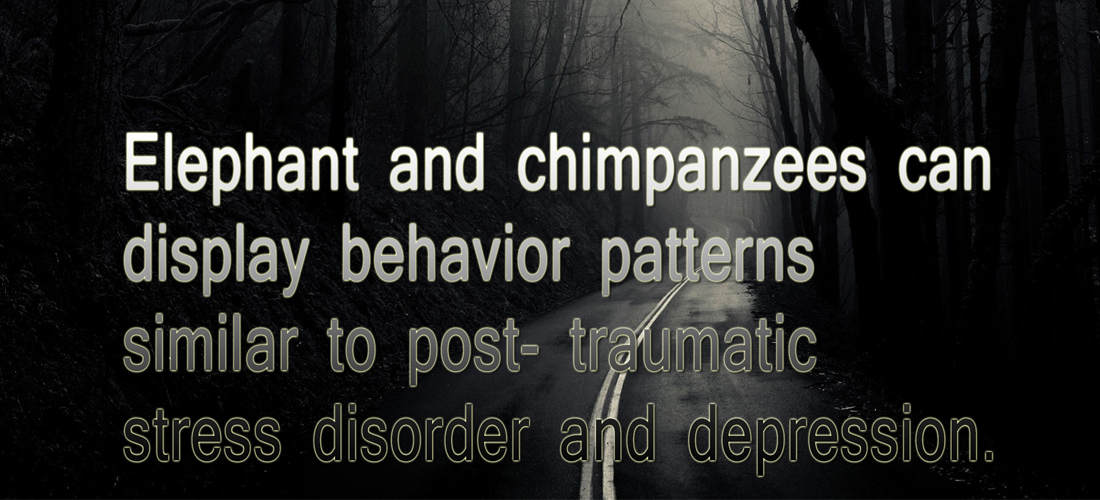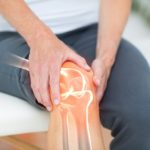WHAT IS DEPRESSION?
Depression is a real illness that impacts the brain. Anyone suffering from depression will tell you, it’s not imaginary or “all in your head.” Depression is more than just feeling “down.” It is a serious illness caused by changes in brain chemistry. Research tells us that other factors contribute to the onset of depression, including genetics, changes in hormone levels, certain medical conditions, stress, grief or difficult life circumstances. Any of these factors alone or in combination can precipitate changes in brain chemistry that lead to depression’s many symptoms.
Depression is a serious condition. It’s also, unfortunately, a common one. The World Health Organization characterizes depression as one of the most disabling disorders in the world, affecting roughly one in five women and one in ten men at some point in their lifetime. It is estimated that 21% of women and 12% of men in the U.S will experience an episode of depression at some point in their lifetime.
Depression is expected to impose the second biggest health burden globally by 2020; greater even than heart disease, arthritis and many forms of cancer. Professor Mark Williams and Dr Danny Penman discuss the driving forces behind this startling trend.
WHAT CAUSES DEPRESSION?
Although scientists agree that depression is a brain disorder, the debate continues about exact causes. Many factors may contribute to the onset of depression, including genetic characteristics, changes in hormone levels, certain medical illnesses, stress, grief, or substance abuse. Any of these factors alone or in combination can bring about the specific changes in brain chemistry that lead to the many symptoms of depression, bipolar disorder and related conditions.
Signs of Depression in Teenagers
Now with all this uncertainty, it isn’t always easy to differentiate between teenagers’ growing pains and depression. “For one, teenagers with depression don’t necessarily appear sad. The most prominent symptoms may in fact be anger, irritability and rebellion. Teens with depression may have no motivation, feel directionless and even become withdrawn,” adds Dr. Bhavna Barmi, Senior Clinical Psychologist. They may shut their bedroom door after school, stay in for hours, or even complain frequently of unexplained headaches, stomach pain, which may result in repeated visits to the school nurse.
WHAT ARE THE SYMPTOMS OF DEPRESSION?
Depression commonly affects your thoughts, your emotions, your behaviors and your overall physical health. Here are some of the most common symptoms that point to the presence of depression:
Feelings:
- Sadness
- Hopelessness
- Guilt
- Moodiness
- Angry outbursts
- Loss of interest in friends, family and favorite activities, including sex
Thoughts:
- Trouble concentrating, making decisions, remembering
- Thoughts of harming yourself
- Delusions and/or hallucinations can also occur in cases of severe depression
Behaviors:
- Withdrawing from people
- Substance abuse
- Missing work, school or other commitments
- Attempts to harm yourself
Physical problems:
- Tiredness or lack of energy
- Unexplained aches and pains
- Changes in appetite
- Weight loss
- Weight gain
- Changes in sleep – sleeping too little or too much
- Sexual problems
- Of course, all of us can expect to experience one or more of these symptoms on occasion. An occurrence of any one of these symptoms on its own does not constitute depression. When healthcare professionals suspect depression, they commonly look for clusters of these symptoms occurring regularly for two weeks or longer, and impacting functional aspects of the person’s life.
Emotional Changes:
- Loss of interest in normal activities
- Feelings of hopeless and worthlessness
- Irritable or annoyed
- Frustration or feelings of anger, even over small matters
- Feelings of sadness, which can include crying spells for no apparent reason
- Conflict with family and friends
Behavioral Changes:
- Tiredness and loss of energy
- Insomnia or oversleeping
- Frequently skipping school
- Changes in appetite — either decreased appetite and weight loss, or increased cravings and weight gain
- Use of alcohol or drugs
- Agitation or restlessness — for example, pacing or the inability to sit still
- Frequent complaints of unexplained body aches and headaches
- Social isolation i.e. withdrawal from friends and family
HOW IS DEPRESSION TREATED?
There are several strategies for treating depression. Depending upon each individual’s characteristics and symptoms, healthcare professionals may employ one or more types of psychotherapy that rely upon a sequence of interpersonal treatment sessions with a trained professional.
In addition, clinicians may suggest that a patient try one of a number of different medications. Lifestyle changes, including improvements in sleeping and eating habits, physical activity and stress reduction have also proven very helpful in managing symptoms. To learn more about the many options available for treating depression, click on Know your treatment options and Take care of yourself.
In addition to getting treatment, you can adjust your lifestyle to help relieve depression symptoms. Try to work these into your daily routine:
Walk, jog, or work out. Physical activity can improve your mood and help you sleep better. Eat healthy meals regularly. Good nutrition helps your body and your mind. Try to get a good night’s sleep. Getting quality sleep can help you feel better. Practice relaxation or grounding techniques. A shower, deep breathing, or time in a quiet place to collect your thoughts can help relieve stress and get you through difficult moments.
Treating and managing depression
Depression may interfere with the way you want to live your life. Many people living with depression may feel unable to go to work or do any of the things they used to enjoy – and yet, many don’t seek help for their problems. You may feel embarrassed about your feelings, considering them a sign of weakness, or you may blame yourself for your misfortune. But it’s important that you seek help for depression. Your brain is an organ just like your heart or lungs. Sometimes, organs need medicines or other treatments to function as effectively as they can.
1. Psychological treatments
Psychological treatment is very important as it may not only help you recover from an episode of depression but it may also help to prevent a recurrence. There is a wide range of psychological and counselling services available in the community. The type of talking therapy you have will depend on what’s available, your preferences, and how severe your depression is.
The common type of psychological treatment for depression is Cognitive Behaviour Therapy (CBT). The way you think affects the way you feel, so CBT attempts to change the way you may think about your moods and how you react to life situations. People who are depressed may often think negatively about themselves, the world around them and the future. CBT helps you to recognise negative thoughts you may be having, teaches you how to replace them with more realistic thoughts and helps you find new, more positive ways of going about your daily life.
2. Self-help
Learning to manage stress can be another important factor in the prevention and treatment of depression. Stress is a highly individual experience as we all have different things in our lives that cause frustration or unhappiness. You need to be aware of how you react to and feel about certain pressures in your life, and develop positive ways of coping with those stressful situations. This may simply mean making more time to relax and learning to talk more openly with people you’re close to. Relaxation and meditation may also help your symptoms.
Doing some exercise in addition to your medication and/or counselling may help your symptoms. Try a few sports or activities to find something you enjoy, and that you can keep doing in the long term.
Some people may turn to alcohol or illegal drugs to try and blot out their difficult feelings. Unfortunately, this tends to make things worse. If you drink alcohol, it’s important that you don’t drink more than the recommended guidelines because it can affect your sleep and lower your mood, and can lead to a range of long-term
health problems including liver damage.
3. Medicines
Medications called antidepressants are also used to treat depression. These medicines can only be prescribed by your GP or psychiatrist. Antidepressant medicines aren’t always needed in mild or moderate depression. A large number of people with depression get better within six months without medication.
Antidepressants can help treat moderate-to-severe depression as well as some anxiety and related conditions. While these medications are effective in some people with depression, most antidepressants take at least two weeks to start working and their effects begin quite gradually.
You may be required to take them for six to twelve months to treat an episode of depression, even if the symptoms seem to clear up sooner. This is because it’s been shown that a longer course makes a relapse of depression less likely.
